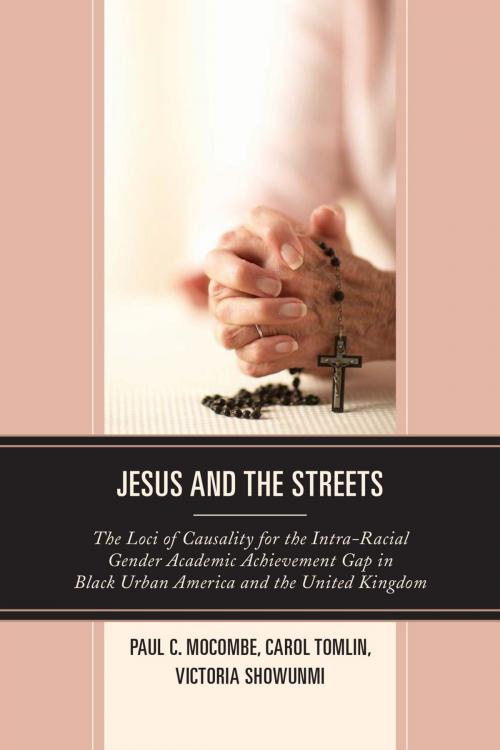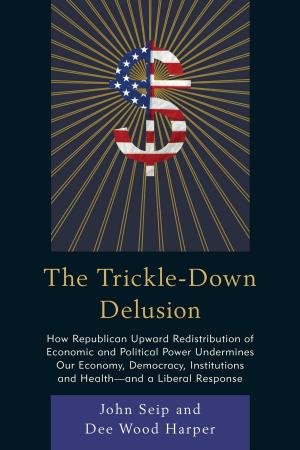Jesus and the Streets
The Loci of Causality for the Intra-Racial Gender Academic Achievement Gap in Black Urban America and the United Kingdom
Nonfiction, Reference & Language, Education & Teaching, Educational Theory, Philosophy & Social Aspects, Social & Cultural Studies, Social Science, Cultural Studies, African-American Studies| Author: | Paul C. Mocombe, Carol Tomlin, Victoria Showunmi | ISBN: | 9780761866206 |
| Publisher: | UPA | Publication: | November 20, 2015 |
| Imprint: | UPA | Language: | English |
| Author: | Paul C. Mocombe, Carol Tomlin, Victoria Showunmi |
| ISBN: | 9780761866206 |
| Publisher: | UPA |
| Publication: | November 20, 2015 |
| Imprint: | UPA |
| Language: | English |
Against John Ogbu’s oppositional culture theory and Claude Steele’s disidentification hypothesis, Jesus and the Streets offers a more appropriate structural Marxian hermeneutical framework for contextualizing, conceptualizing, and evaluating the locus of causality for the black male/female intra-racial gender academic achievement gap in the United States of America and the United Kingdom. Positing that in general the origins of the black/white academic achievement gap in both countries is grounded in what Paul C. Mocombe refers to as a “mismatch of linguistic structure and social class function.” Within this structural Marxist theoretical framework the intra-racial gender academic achievement gap between black boys and girls, the authors argue, is a result of the social class functions associated with industries (mode of production) and ideological apparatuses, i.e., prisons, the urban street life, athletics and entertainment, where the majority of urban black males in the US and UK achieve their status, social mobility, and economic gain, and the black church/education where black females in both countries are overwhelmingly more likely to achieve their status, social mobility, and drive for economic gain via education and professionalization.
Against John Ogbu’s oppositional culture theory and Claude Steele’s disidentification hypothesis, Jesus and the Streets offers a more appropriate structural Marxian hermeneutical framework for contextualizing, conceptualizing, and evaluating the locus of causality for the black male/female intra-racial gender academic achievement gap in the United States of America and the United Kingdom. Positing that in general the origins of the black/white academic achievement gap in both countries is grounded in what Paul C. Mocombe refers to as a “mismatch of linguistic structure and social class function.” Within this structural Marxist theoretical framework the intra-racial gender academic achievement gap between black boys and girls, the authors argue, is a result of the social class functions associated with industries (mode of production) and ideological apparatuses, i.e., prisons, the urban street life, athletics and entertainment, where the majority of urban black males in the US and UK achieve their status, social mobility, and economic gain, and the black church/education where black females in both countries are overwhelmingly more likely to achieve their status, social mobility, and drive for economic gain via education and professionalization.















